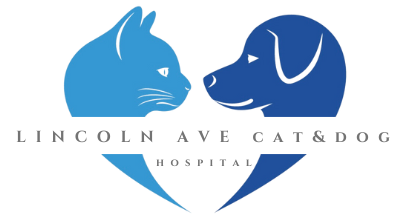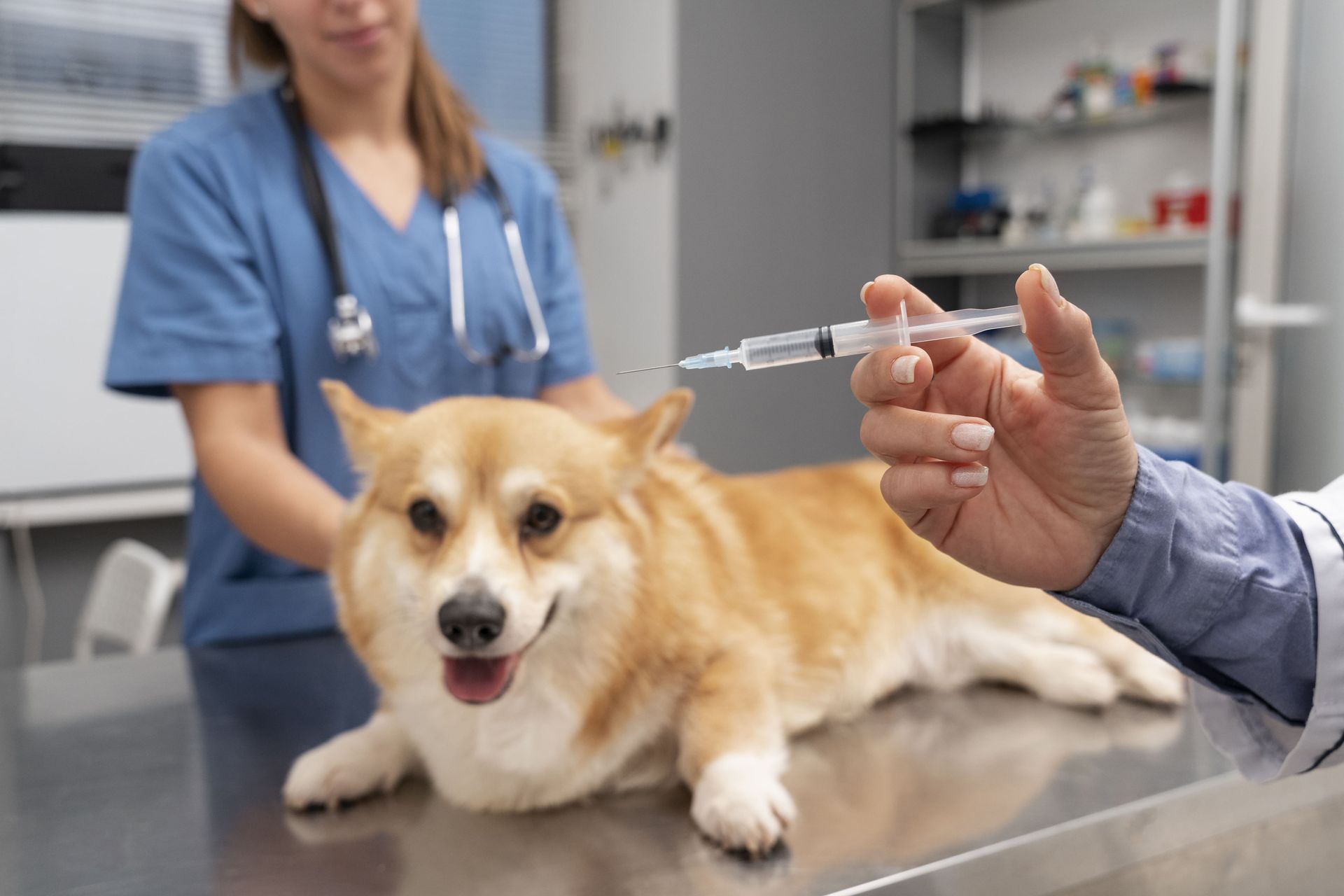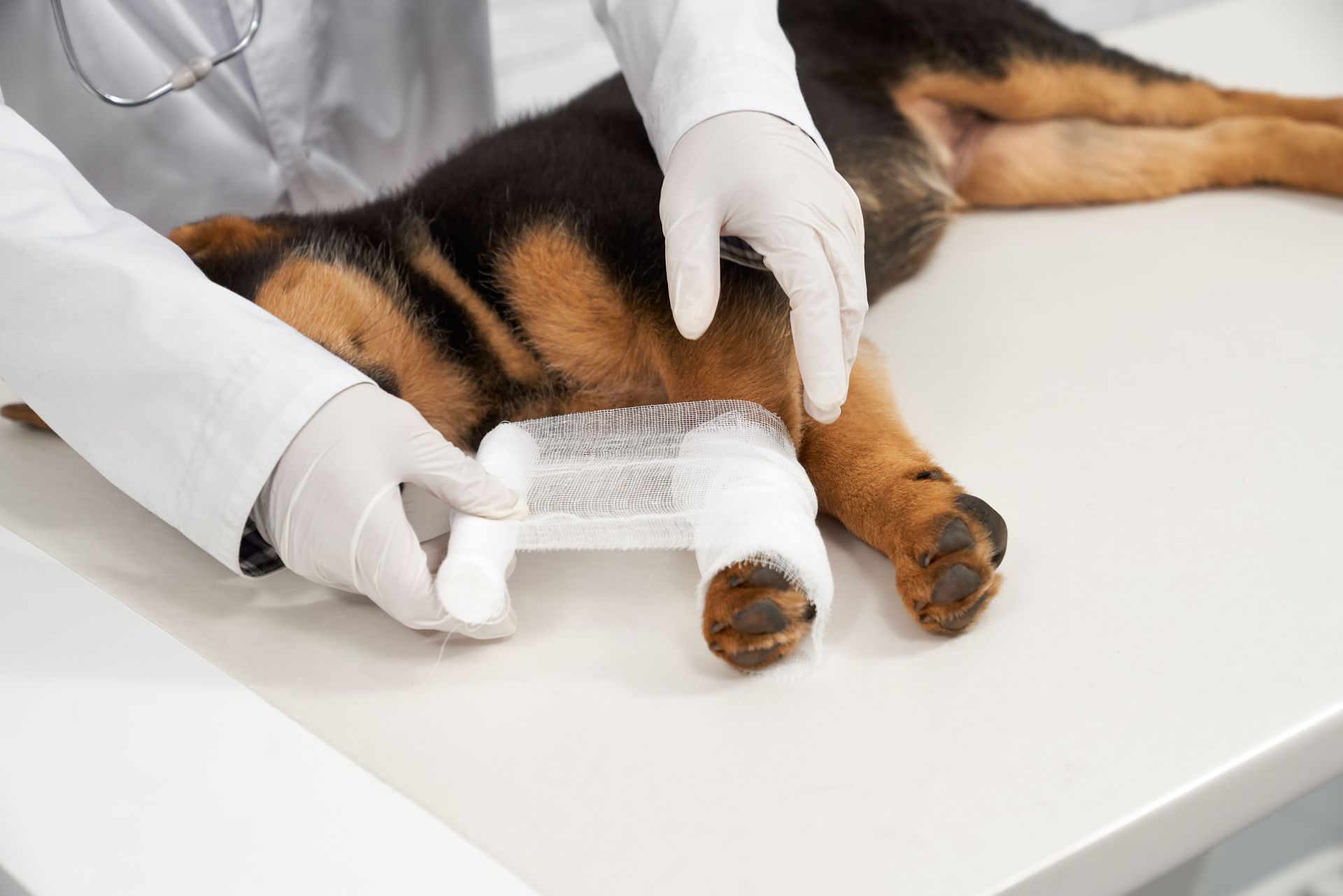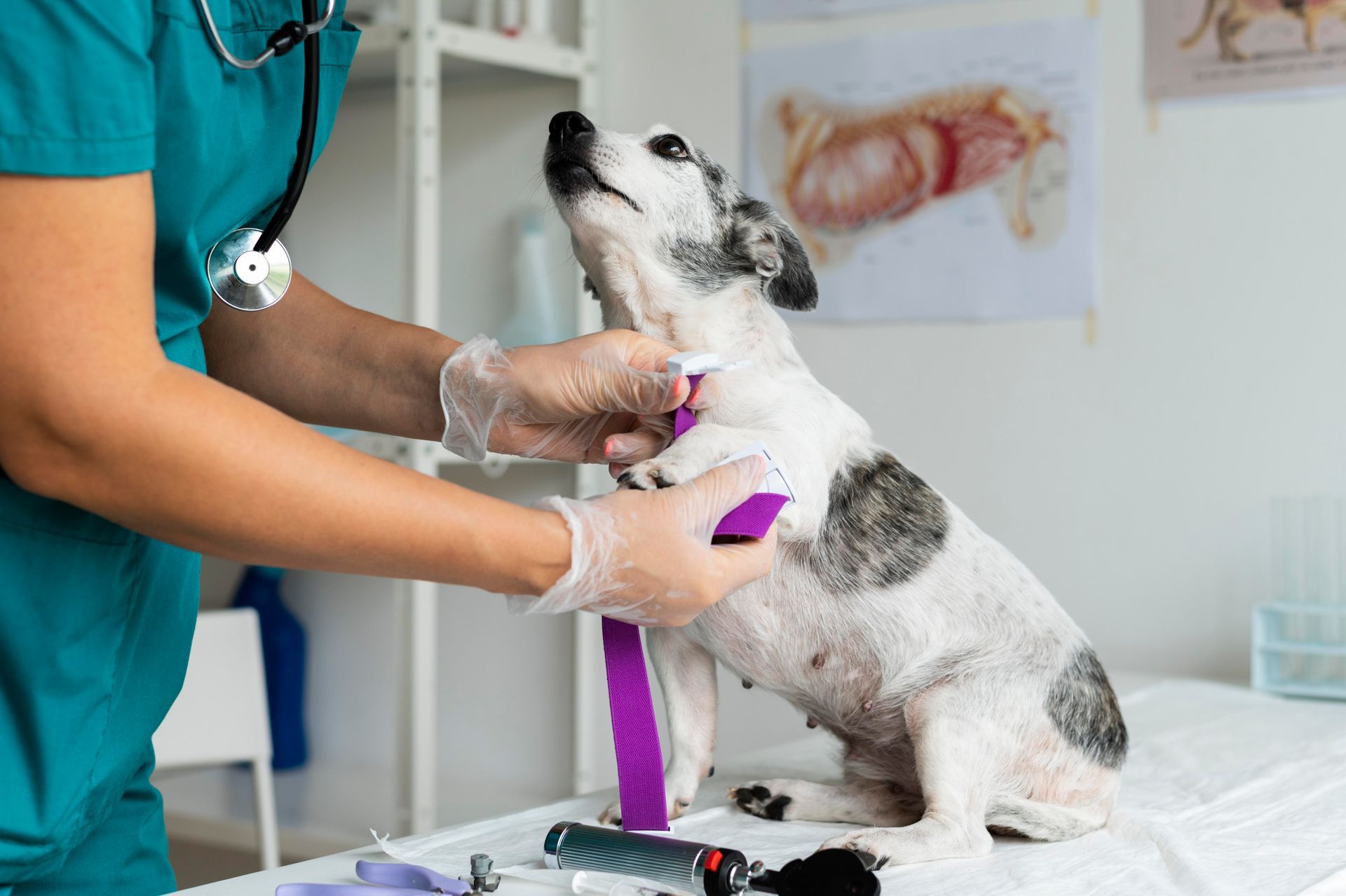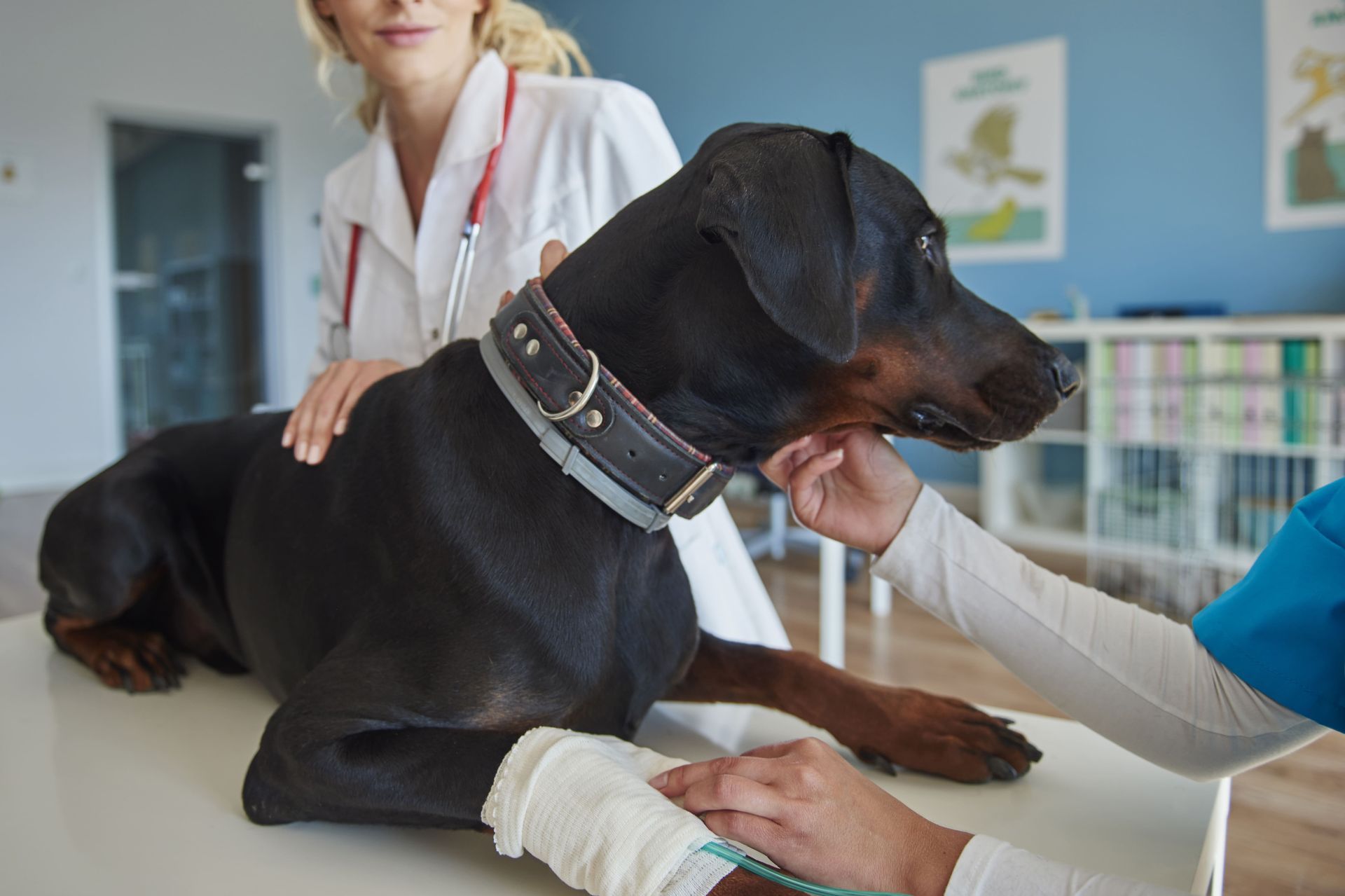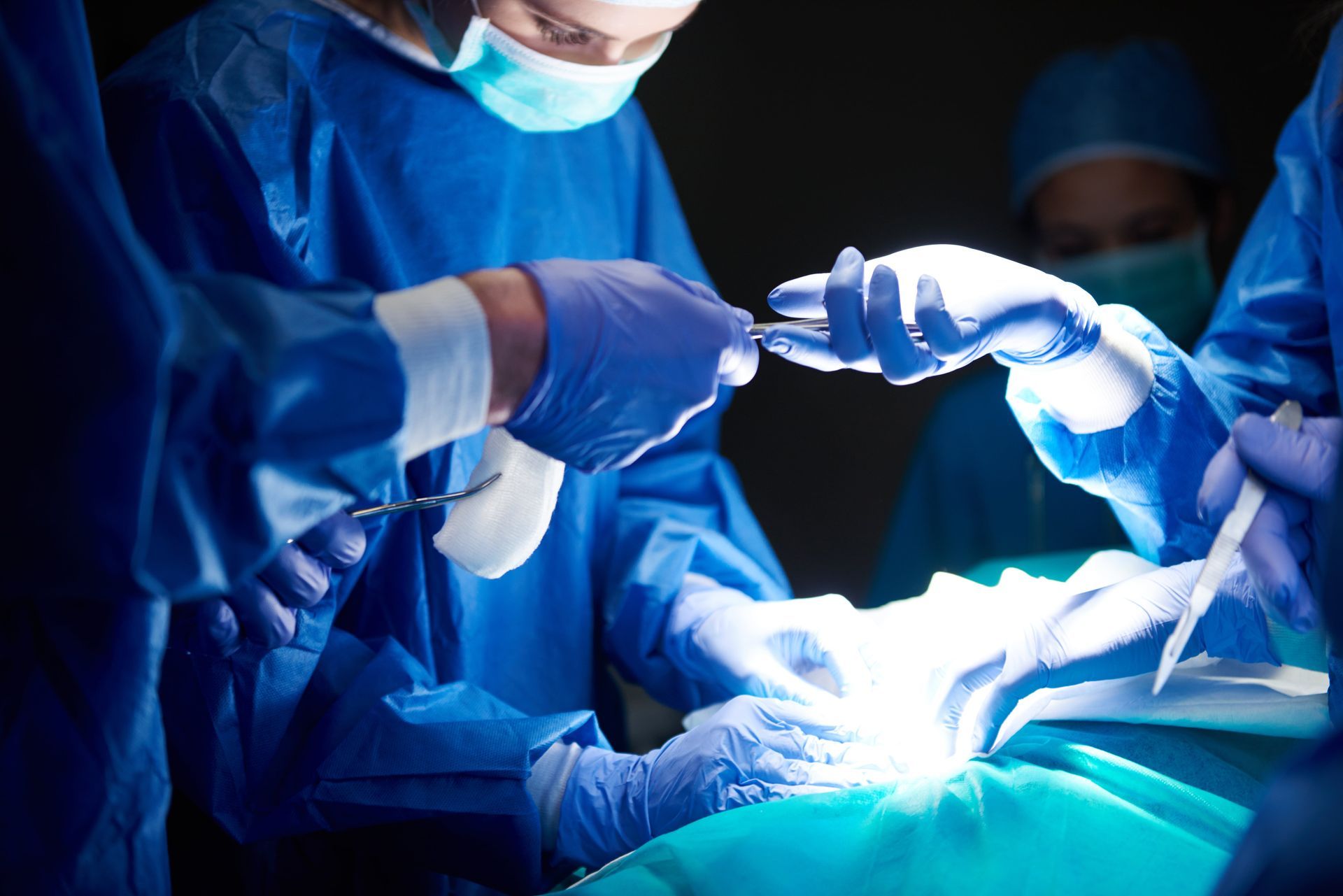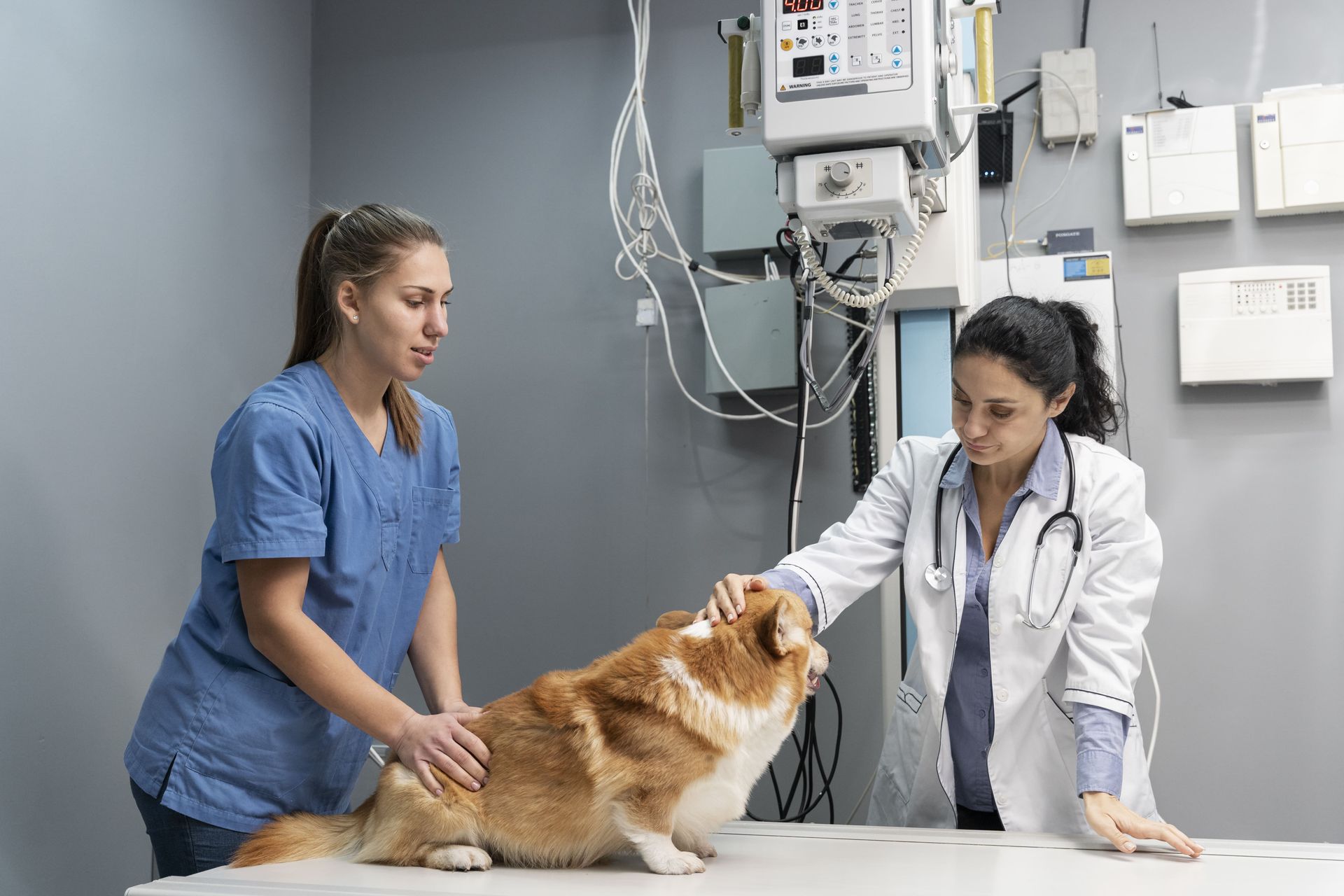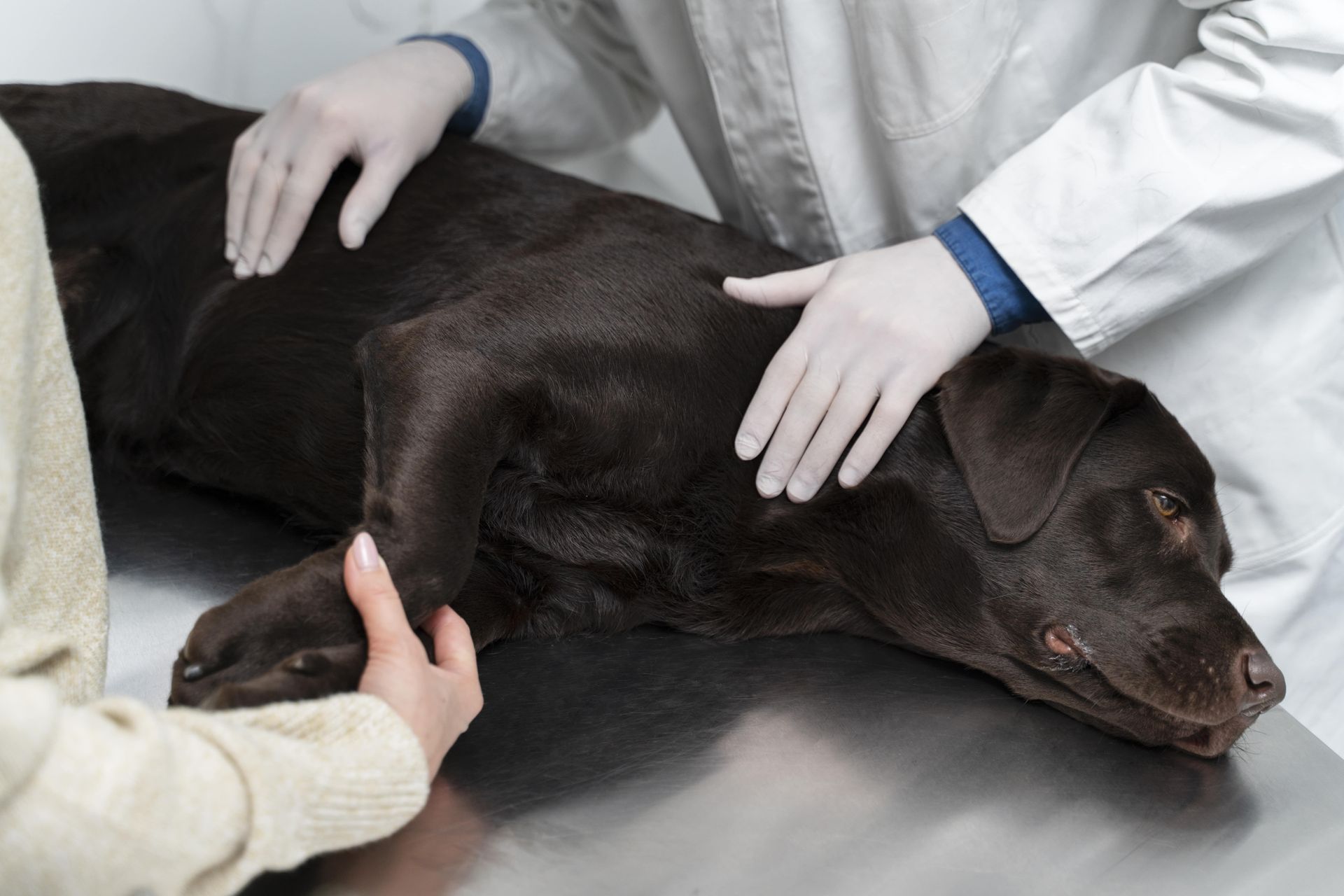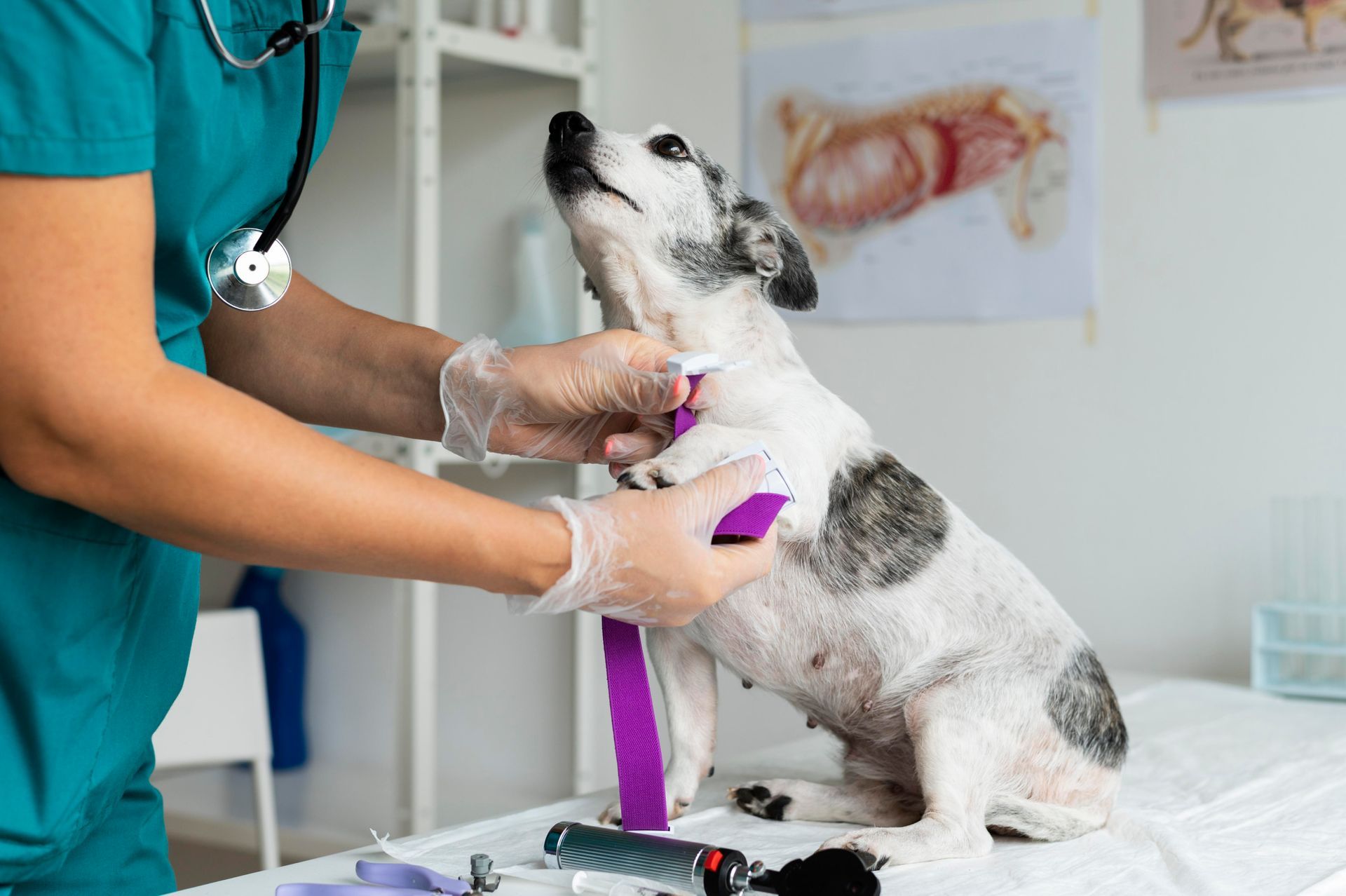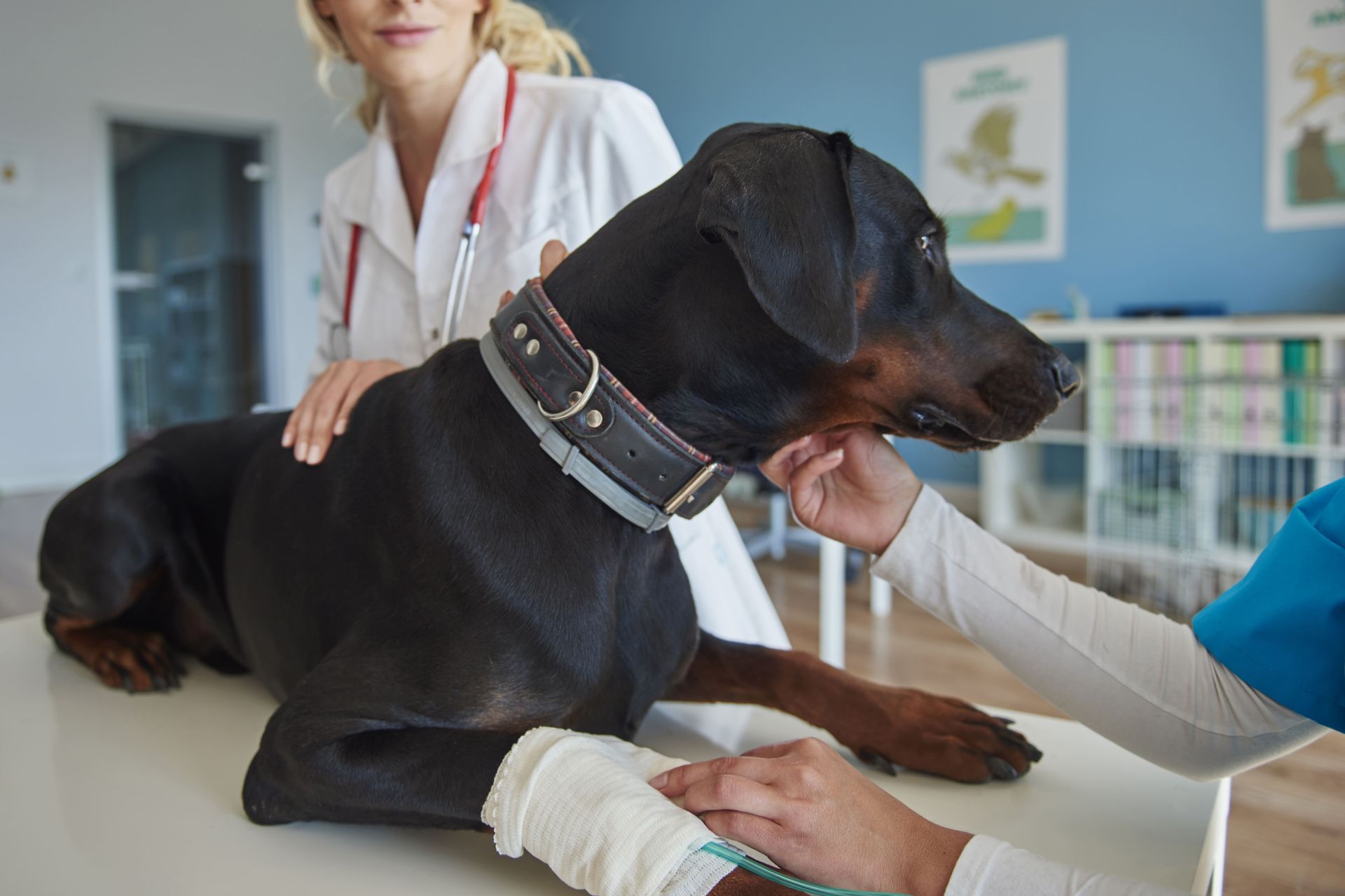7 Signs Your Pet Needs to Visit an Animal Hospital ASAP
Our pets can't always tell us when they're not feeling well, so it's crucial to recognize the signs that they might need urgent veterinary care. Here are some warning signs that indicate a visit to the Animal Hospital
should be your next step.
1. Sudden Changes in Behavior
If your usually active pet suddenly becomes lethargic or a calm pet becomes aggressive, it may be a sign of underlying health issues that require immediate attention at an Animal Hospital. Changes in behavior can often be attributed to pain, illness, or discomfort that your pet cannot express verbally. For instance, a dog that suddenly growls when touched might be experiencing pain in a particular area. Additionally, a cat that starts avoiding the litter box may be signaling urinary problems. It's crucial to keep a watchful eye and consult with a veterinarian to understand the root cause of these behavioral shifts.
Pets communicate their distress through behavior. Sudden anxiety or withdrawal can indicate serious problems such as neurological disorders, parasites, or even hormonal imbalances. Previously unnoticed environmental changes might also contribute to these behaviors, such as moving house or introducing new family members, or pets. Carefully monitor any prolonged changes and seek professional guidance if they persist. If you notice a behavior that worries you, visiting an Animal Hospital promptly can help detect and treat conditions before they worsen.
2. Unexplained Weight Loss or Gain
Noticeable changes in your pet's weight could point to serious health conditions such as diabetes, thyroid issues, or worse, all of which should be checked at an Animal Hospital. It's essential to have these changes evaluated by a professional. In particular, rapid weight loss might indicate that your pet is suffering from a chronic illness or malnutrition. Conversely, sudden weight gain may suggest endocrine disorders or could be a side effect of certain medications.
Nutritional imbalances can be detrimental to pets. Overfeeding or underfeeding can result in significant weight fluctuations, complicating existing health issues or prompting new ones. It's also worth considering whether your pet's diet is appropriate for their age, breed, and activity level. Consulting with a vet about your pet’s diet can ensure they receive the right balance of nutrients, promoting a healthier life. Regular check-ups at an Animal Hospital can help you stay on top of your pet’s weight and overall well-being.
3. Difficulty Breathing
Breathing problems can indicate respiratory issues or heart problems. If your pet shows signs of labored breathing or constant panting, it's critical to head to the Animal Hospital immediately. Difficulty breathing might be a symptom of something mild, like allergies, or a more severe condition, such as pneumonia or heart disease, as noted by pet care experts.
Besides, respiratory distress is often accompanied by other signs like a bluish tongue, coughing, or wheezing, which should not be ignored. Immediate veterinary intervention can identify the issue, prevent complications, and provide your pet with the relief they need. If your pet is having trouble breathing, don’t delay — quick care at an Animal Hospital can make all the difference. We recommend keeping a record of any episodes to help vets make an accurate diagnosis.
4. Persistent Vomiting or Diarrhea
Occasional stomach upset is normal, but continuous vomiting or diarrhea can lead to severe dehydration and may signal an underlying condition that needs immediate care at an Animal Hospital. It is crucial to observe the frequency and consistency of your pet’s elimination habits. Persistent symptoms might result from ingestible toxins or indicate more serious ailments like gastrointestinal blockages or pancreatitis. Ensure your pet has access to fresh water at all times to reduce dehydration risks until they receive professional care.
Pets can’t tell us when they’ve eaten something harmful, so it’s up to us to watch for signs like vomiting or diarrhea. A visit to the Animal Hospital can help identify the cause and prevent further complications. Quick diagnosis and treatment are essential to prevent life-threatening dehydration and keep your furry friend comfortable.
5. Bleeding or Wounds That Won't Heal
Any bleeding that doesn't stop naturally or wounds that do not begin to heal within a couple of days need prompt veterinary attention at an Animal Hospital to prevent infections or other complications. Scratches or cuts can become infected if not properly cared for, leading to more severe health issues. Bleeding may also be a symptom of internal injuries or clotting disorders. Our vets can provide expert care to ensure these situations don't escalate.
Prompt medical treatment at an Animal Hospital is crucial to clean wounds, prevent infection, and close any deep cuts if needed. We always recommend that pet parents monitor wounds daily. If you notice swelling, discharge, or a foul smell, it’s time for a professional check-up.
6. Frequent Urination or Difficulty During Elimination
Changes in your pet's bathroom habits, such as straining or urinating more often than usual, can be a sign of urinary tract infections or kidney issues, which require a vet's intervention at an Animal Hospital. These conditions can cause considerable discomfort and, if left untreated, escalate into chronic issues affecting your pet's quality of life. Early diagnosis and treatment are essential to ensure your pet's well-being.
Urinary issues are often painful and stressful for pets. If your pet is having accidents in the house or seems distressed while urinating, it’s a clear sign to visit the Animal Hospital without delay. Timely tests and treatment can help prevent severe kidney damage or bladder stones.
7. Sudden Collapse or Loss of Consciousness
If your pet collapses or loses consciousness, it's an emergency situation that demands immediate attention from an Animal Hospital. These symptoms can indicate serious conditions such as seizures or heart disease. Collapses can result from low blood sugar, especially in smaller breeds, or may point to underlying genetic conditions. Quick action is crucial and can be life-saving. Keep your pet calm and safely transported to our hospital for urgent care.
Remember, a sudden collapse can be frightening, but staying calm and getting your pet to the Animal Hospital quickly can save their life. Always keep your emergency vet’s contact handy for such situations.
Final Words
Our pets rely on us to notice the signs that something isn’t right, and acting quickly can often make all the difference. By recognizing these warning signals and seeking professional help at an Animal Hospital without delay, you can protect your pet’s health and give them the best chance at a full recovery. Remember, you know your pet better than anyone else — if you feel something is wrong, trust your instincts and don’t hesitate to reach out to an Animal Hospital for guidance and care.
At Lincoln Avenue Cat & Dog Hospital, we understand how much your pet means to you. We are proud to be the best Animal Hospital in New Jersey, offering compassionate, expert care for all these warning signs and more. We’re dedicated to keeping your furry family members happy and healthy. Contact us today
and trust us to be your partner in your pet’s well-being!
FAQs
Q-1. How do I know if my pet needs to visit an Animal Hospital immediately?
Ans: If you notice any sudden changes in behavior, difficulty breathing, persistent vomiting, or collapse, take your pet to an Animal Hospital right away.
Q-2. Can I wait to see if my pet’s condition improves before visiting an Animal Hospital?
Ans: Delaying can worsen the situation. It’s always better to be safe and visit an Animal Hospital if you’re in doubt.
Q-3. How can I prepare for an emergency visit to an Animal Hospital?
Ans: Keep your vet’s contact information handy, know the quickest route to the Animal Hospital, and have a pet carrier or leash ready for safe transport.
